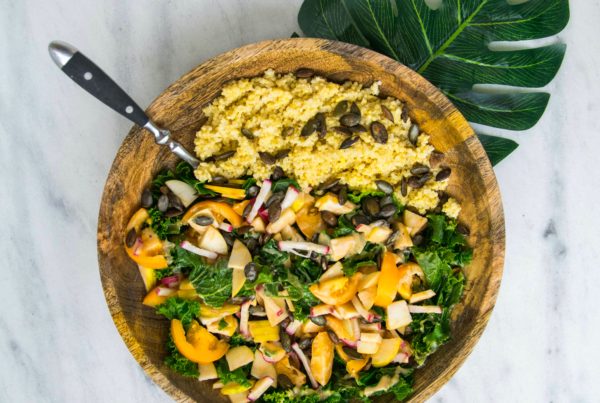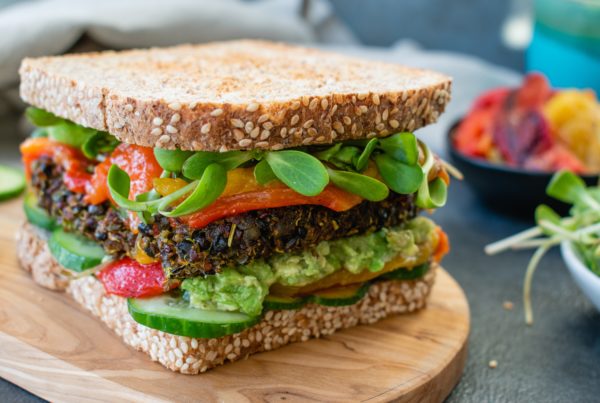A common misconception about following a vegetarian or vegan diet is that these diets lack both adequate quantity and quality of protein. Is there any truth to this? Should certain proteins be consumed more than others, and should certain proteins be consumed in different situations? Let’s dive into these questions!
To start, what are proteins? Proteins are macronutrients, meaning they can provide us with energy, and they are essential to our diet due to their amino acids. Amino acids are used in building body proteins, and body proteins are needed for structural and functional purposes including building our skin, organs, enzymes, hair etc. There are 9 essential amino acids that we need from the diet, because our bodies cannot produce them on their own.
Knowing that proteins are made up of different amino acids, do you think that all proteins are created equally? If you said no, you are on the right track! It is not just about the quantity of protein that you consume, but also the quality. Complete proteins are those that contain all 9 essential amino acids in both the proper proportions and amounts that we need, while incomplete proteins are usually low in one or more of the amino acids we need.
Complete proteins are mostly found in animal sources such as meat, eggs, dairy, and fish. However, certain plant proteins such as soy and quinoa are considered complete as well. This means, most plant sources are considered being incomplete proteins for example nuts, seeds, legumes and lentils. So is this a major concern for those who mainly consume plant-based diets?
The answer to this is usually no, but it might depend on the diversity of the diet. This is because combining incomplete protein sources together (think beans and rice, peanut butter and toast) will actually allow us to get the full set of amino acids we need. What’s even better is that these incomplete proteins don’t have to be consumed in the same meal, as long as they are eaten within the same day it is considered adequate. Most of us pair foods such as rice with foods such as lentils anyways so it is usually not a concern.
Finally, should you tailor what protein sources you consume depending on your activities? To answer this, it is important to consider that proteins can be fast or slow proteins, depending on how quickly they enter and stay in the bloodstream. Fast proteins such as whey are recommended to be consumed within 30 minutes after exercising, while slower proteins such as casein (when talking about exercise) are recommended to be consumed before working out. This is because fast proteins will provide the spike of amino acids that your body needs in order to build muscle, while slower proteins can help more in the recovery process. You can read more about fuelling your workouts in our other blogs.
In summary, not all proteins are created equally, but this is not a reason to worry. It is important to consider getting the recommended amounts of protein (0.8 g/kg body weight) but also ensuring that the foods we eat are diverse enough to provide us with all the essential amino acids we need to to build healthy, strong bodies!



